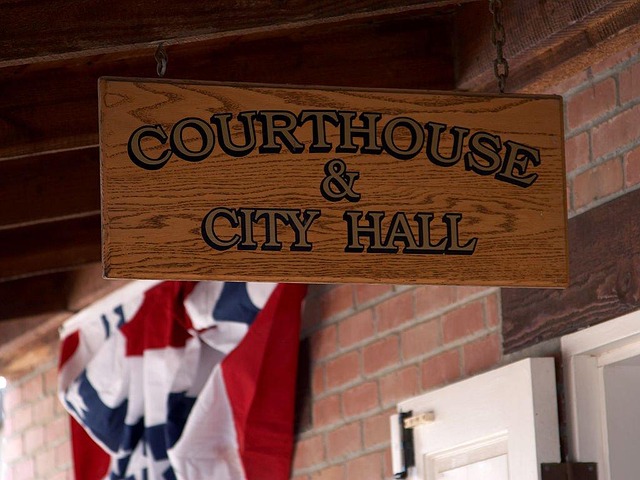Breach of contract cases are prevalent across industries due to issues like non-payment, delivery delays, or quality problems. Businesses can leverage common defenses such as force majeure, frustration of purpose, and fraud to protect their interests. Tailoring robust legal defenses is crucial for high-stakes cases, focusing on good faith efforts, reasonable care, detailed documentation, and expert testimony. Proactively gathering evidence that refutes allegations and highlights procedural errors is also key for achieving a complete dismissal. Understanding successful defense strategies, as demonstrated through case studies, empowers clients in navigating complex legal landscapes and ensuring more efficient, favorable outcomes.
In the dynamic corporate landscape, C-level executives face heightened scrutiny. This article delves into the intricate world of C-Level investigations, focusing on a key aspect: Common Defenses in Breach of Contract Cases. We explore real-world scenarios where businesses successfully navigated complex legal waters. From understanding fundamental contract principles to strategic defense mechanisms, this guide offers valuable insights for executives and legal teams alike, providing essential knowledge in high-stakes breach of contract disputes.
- Understanding Breach of Contract Cases: Common Scenarios and Defenses
- Strategic Approaches to Building a Strong Defense in C-Level Investigations
- Case Studies: Exploring Successful Defense Strategies in High-Level Disputes
Understanding Breach of Contract Cases: Common Scenarios and Defenses

Breach of contract cases are a common occurrence in the corporate world, with various scenarios playing out across different industries. These situations often arise when one party fails to fulfill their contractual obligations, leading to potential legal repercussions. Common scenarios include non-payment, delivery delays, or failure to meet specified quality standards. However, understanding the defenses available can be crucial for businesses navigating these complex issues.
Several common defenses in breach of contract cases involve mitigating circumstances, such as force majeure (unforeseeable events beyond the control of the contracting parties) or frustration of purpose, where changes in circumstances make performance impossible. Additionally, a general criminal defense strategy may come into play if fraud or intentional deception is involved. In high-stakes cases, where substantial financial damages are at risk, respective business strategies must be tailored to defend against such claims, ensuring legal compliance and protecting the organization’s interests.
Strategic Approaches to Building a Strong Defense in C-Level Investigations

When facing C-Level investigations, strategic approaches to building a strong defense are paramount. One common defense in breach of contract cases involves demonstrating good faith efforts and reasonable care in fulfilling contractual obligations. This can include providing detailed documentation, communication records, and expert testimony to show that any deviations from the contract were unintentional or resulted from extenuating circumstances.
Additionally, focusing on avoiding indictment and seeking a complete dismissal of all charges is crucial. Legal teams should proactively gather evidence that refutes the allegations, highlight procedural errors, and present compelling arguments that challenge the validity of the case. By employing these strategic defenses, organizations can increase their chances of achieving winning challenging defense verdicts and mitigating potential legal repercussions.
Case Studies: Exploring Successful Defense Strategies in High-Level Disputes

In the realm of C-level investigations, understanding successful defense strategies is paramount for both corporate and individual clients facing high-stakes disputes. Case studies offer a glimpse into how strategic maneuvers can navigate complex legal landscapes, particularly in breach of contract cases across the country. By examining these real-world scenarios, valuable insights emerge regarding common defenses that have proven effective at various stages of the investigative and enforcement process.
These case studies highlight the importance of robust contractual terms, clear communication, and proactive risk management. For instance, thorough due diligence can uncover hidden clauses that bolster a company’s position in the event of a breach. Additionally, demonstrating good-faith efforts to resolve issues before escalating to formal legal action can significantly strengthen defenses. Such strategies not only empower clients but also ensure a more efficient and favorable outcome throughout the dispute resolution process.
In navigating complex C-level investigations, understanding common defenses in breach of contract cases is paramount. By examining strategic approaches and successful case studies, organizations can build robust defenses tailored to their unique circumstances. This knowledge equips them to manage risks effectively, ensuring fair outcomes in high-stakes disputes while upholding contractual integrity. Remember that, in the world of corporate law, a thorough understanding of these scenarios can be a game changer.






